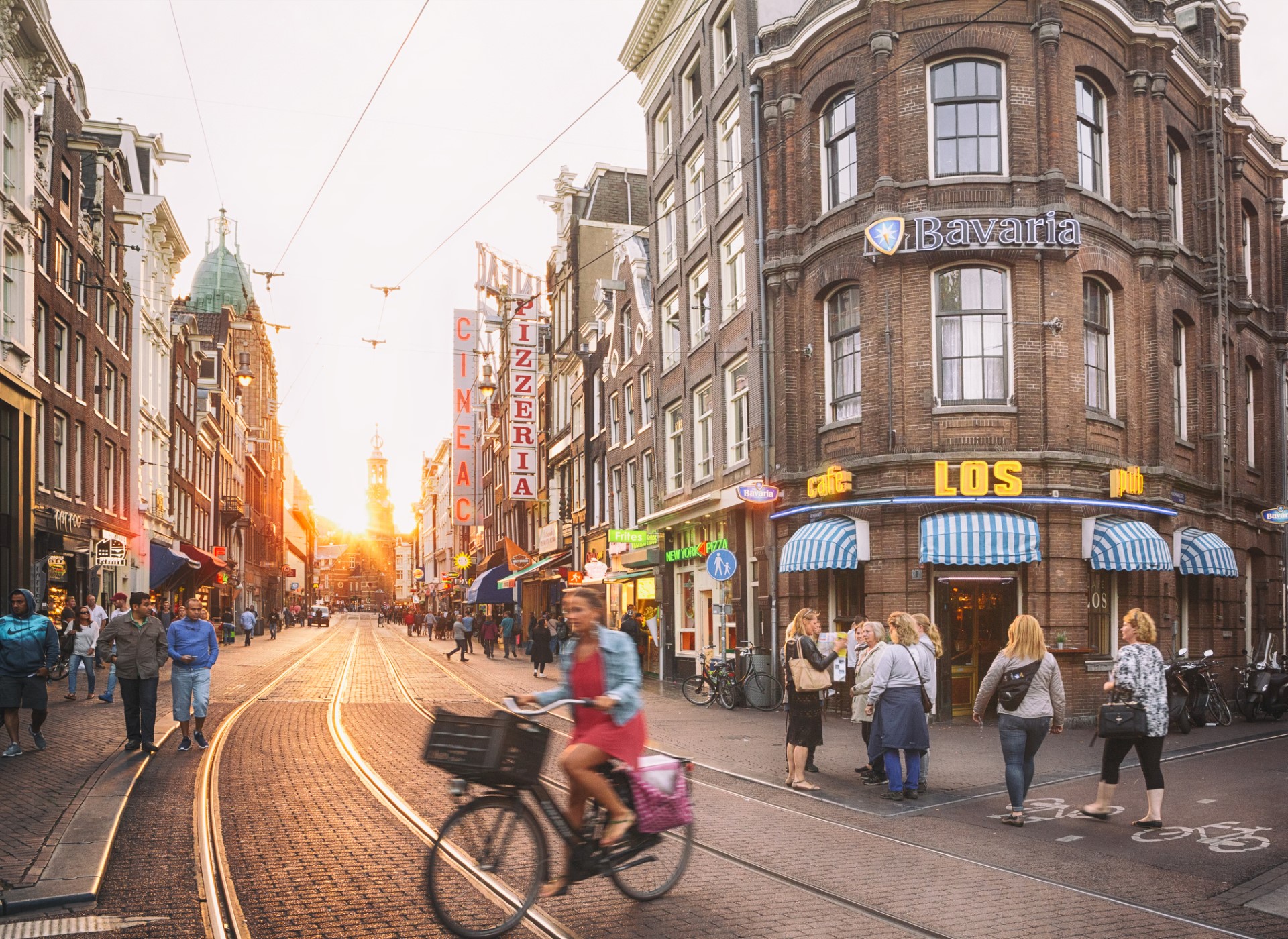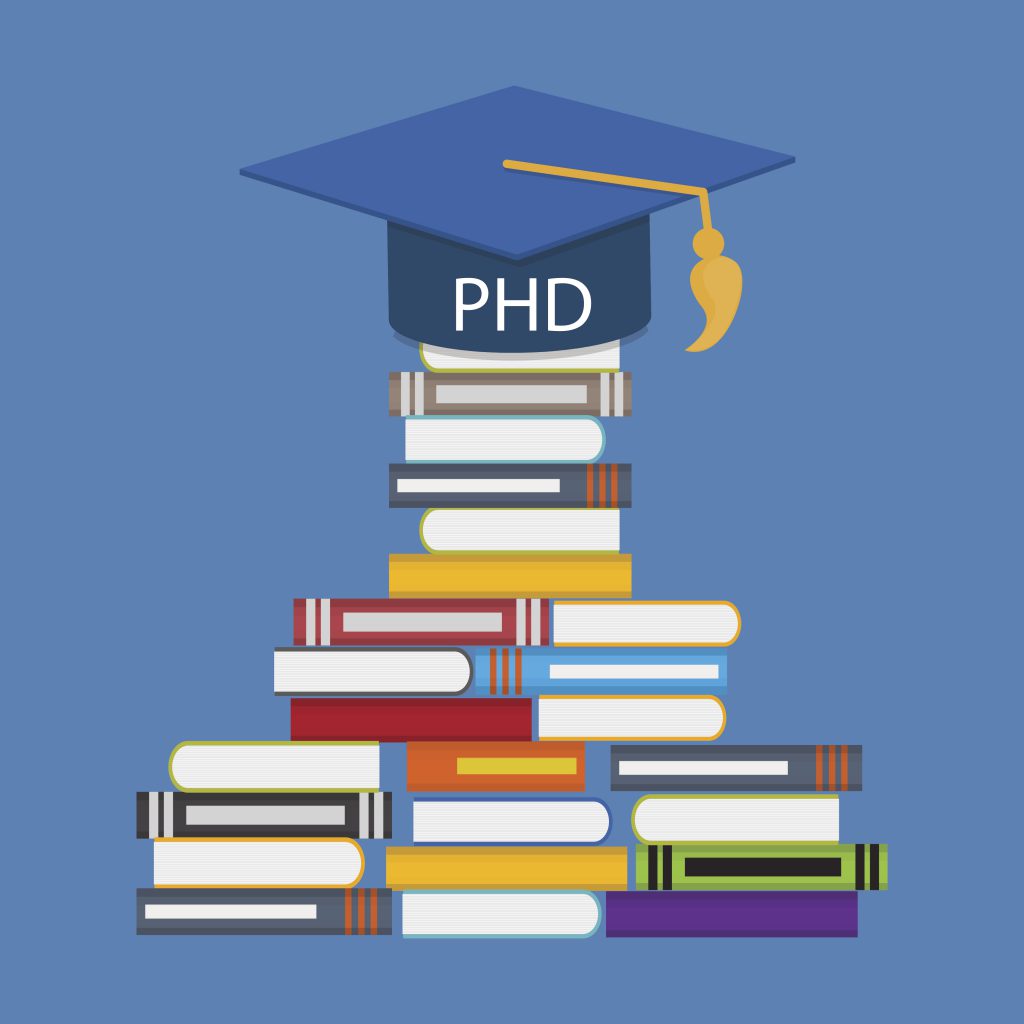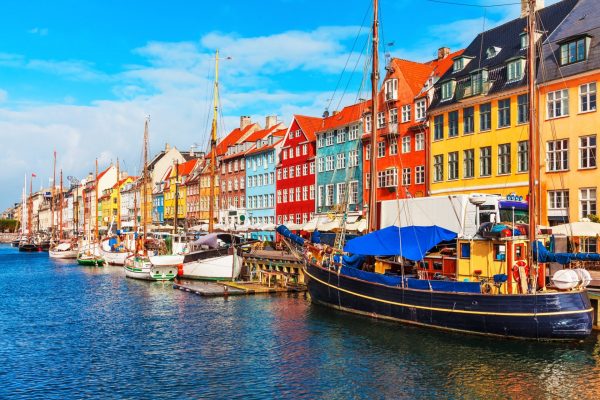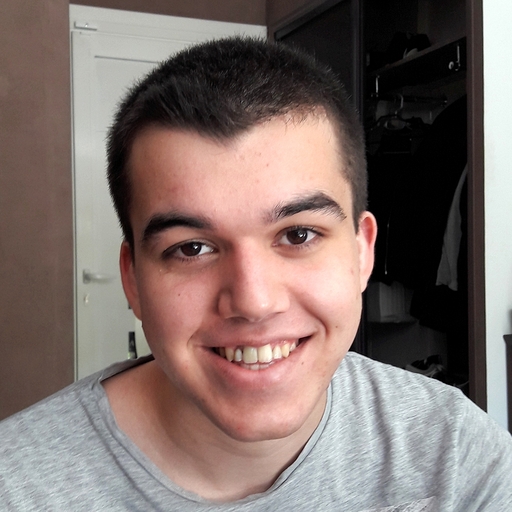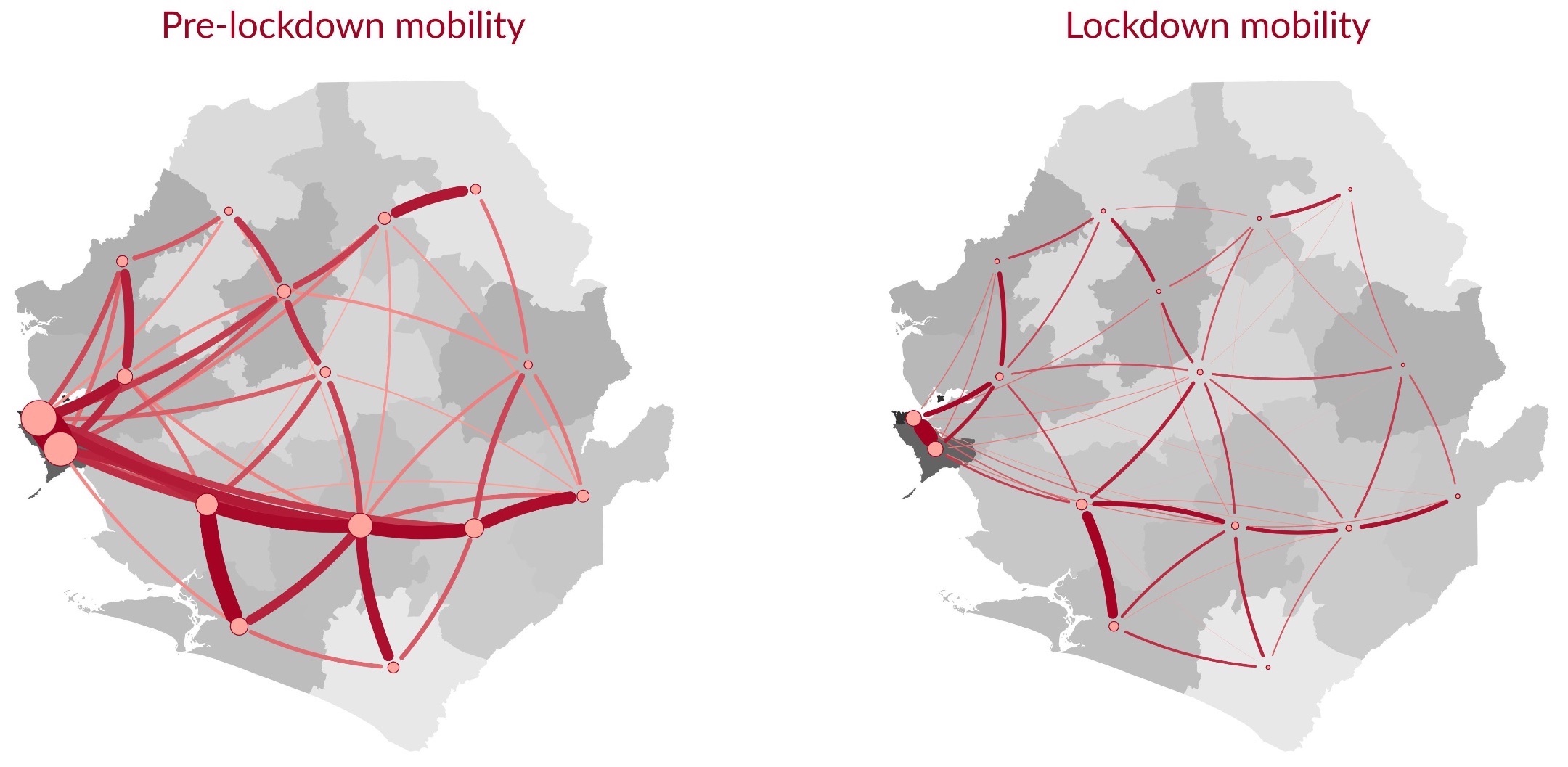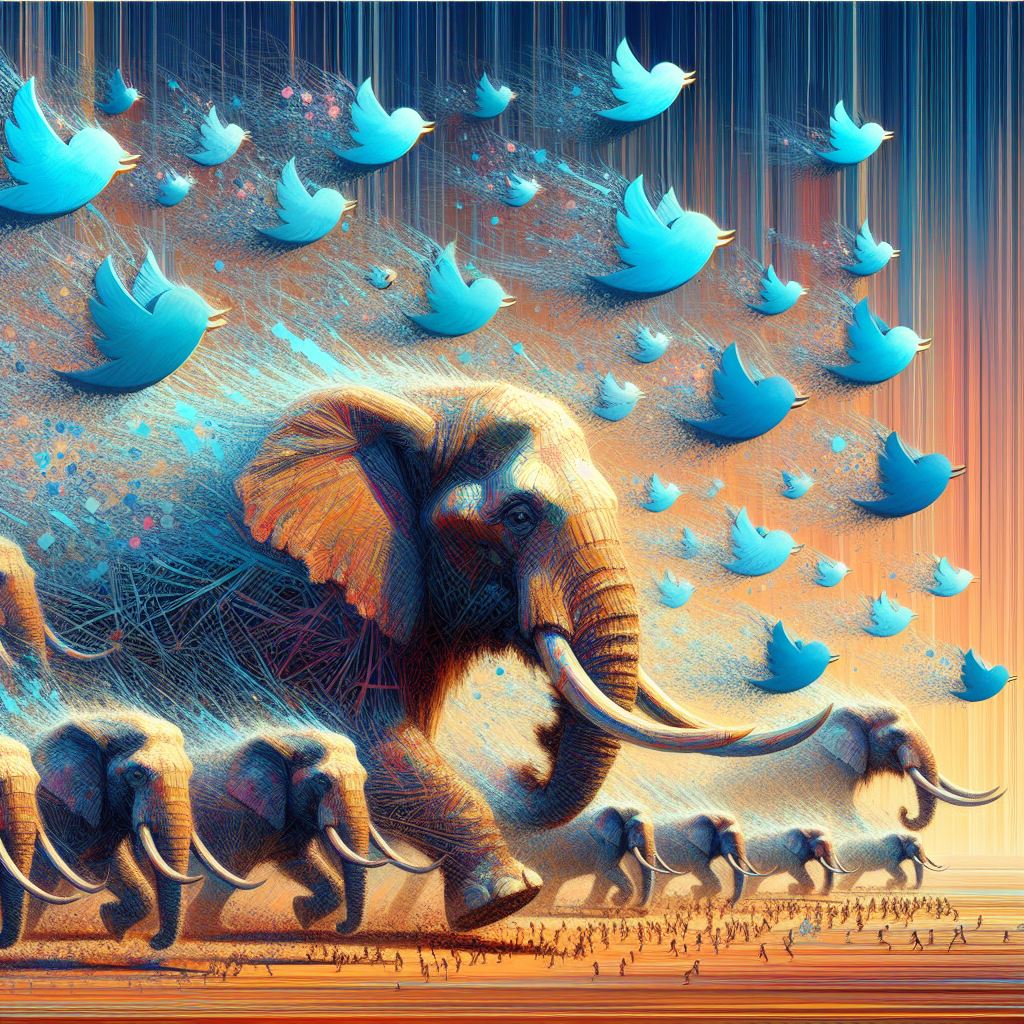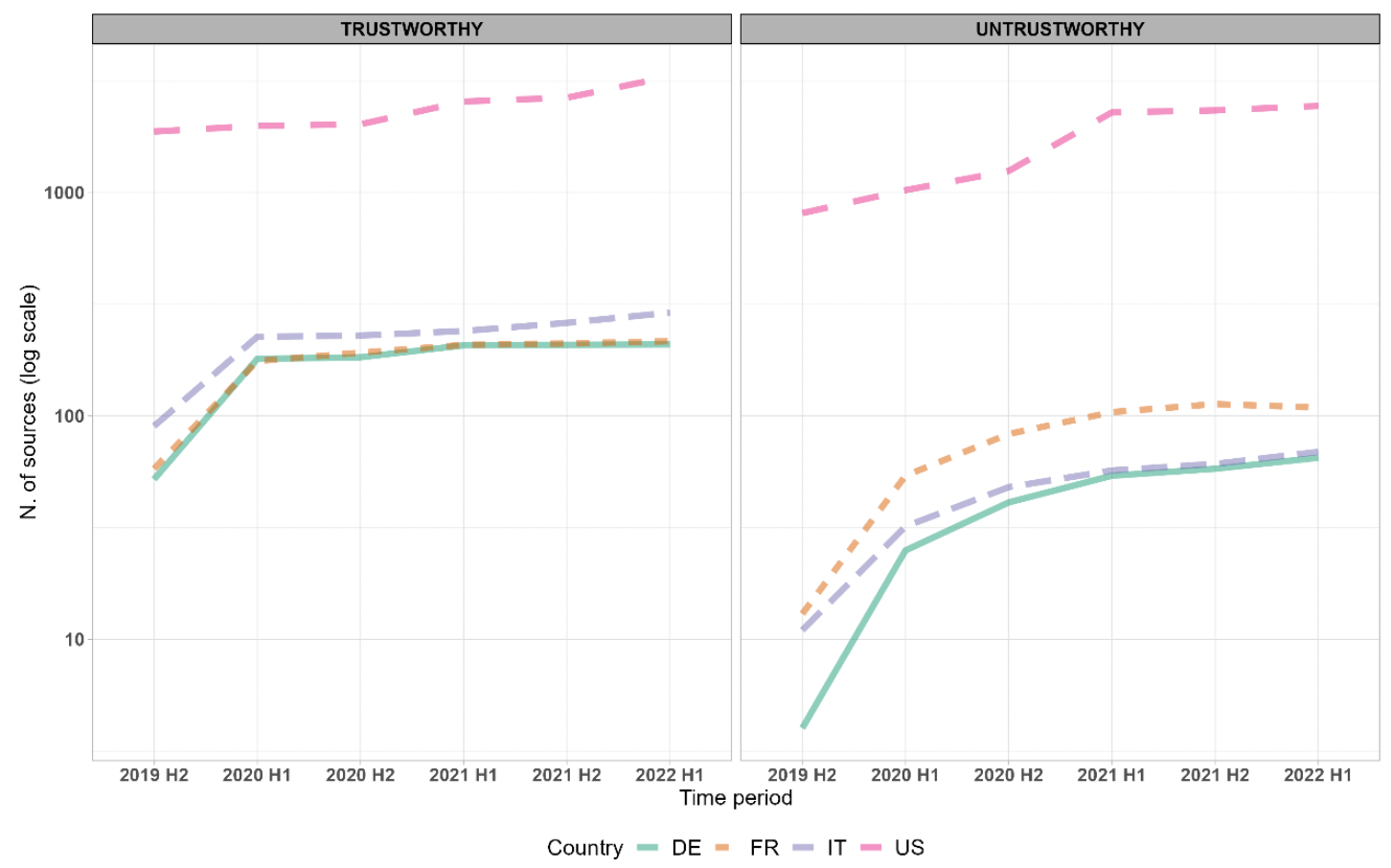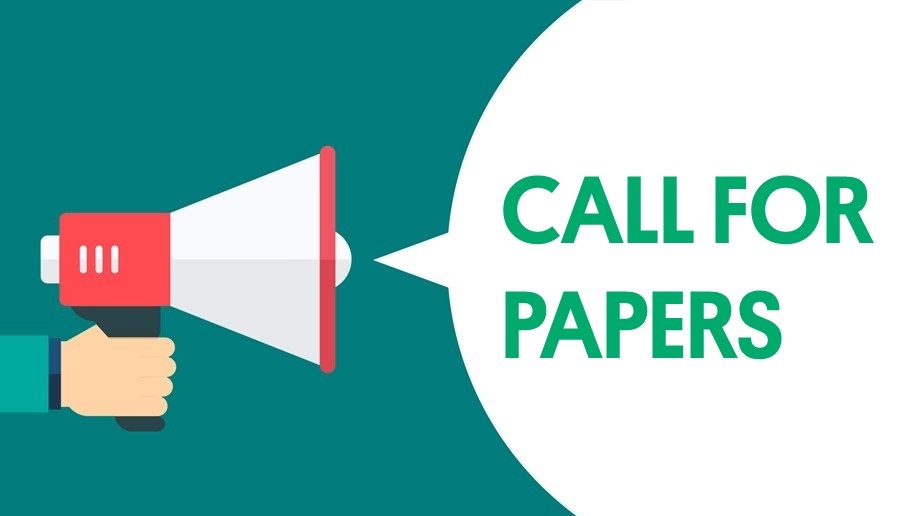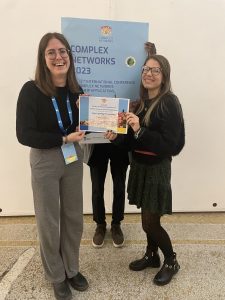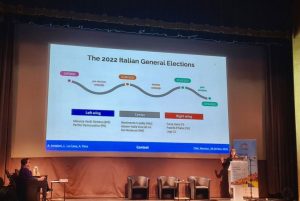Our project GrowBike.Net was just covered in Austrian media, both in an online news report and on Austrian TV station ORF 2, in the news report Wien heute. If you understand German, watch our 15 seconds of fame here: https://tvthek.orf.at/profile/Wien-heute/70018/Wien-heute-vom-27-03-2024/14219951/Radinfrastruktur-ausbaufaehig/15608017
The written report Radwege sollen möglichst direkt verlaufen: https://wien.orf.at/stories/3249925/
GrowBike.Net is an interactive platform resulting from an ITU master project, visualizing the results of our 2022 paper Growing urban bicycle networks: https://www.nature.com/articles/s41598-022-10783-y. The idea is to simulate the creation of a cohesive bicycle network inspired by the Dutch CROW design manual for bicycle traffic. Studying these synthetic networks informs us about the geometric limitations of urban bicycle network growth and can lead to better designed bicycle infrastructure in cities. In the case of the Austrian news report, the key metric of directness was highlighted: Bicycle networks should allow for direct paths without substantial detours.

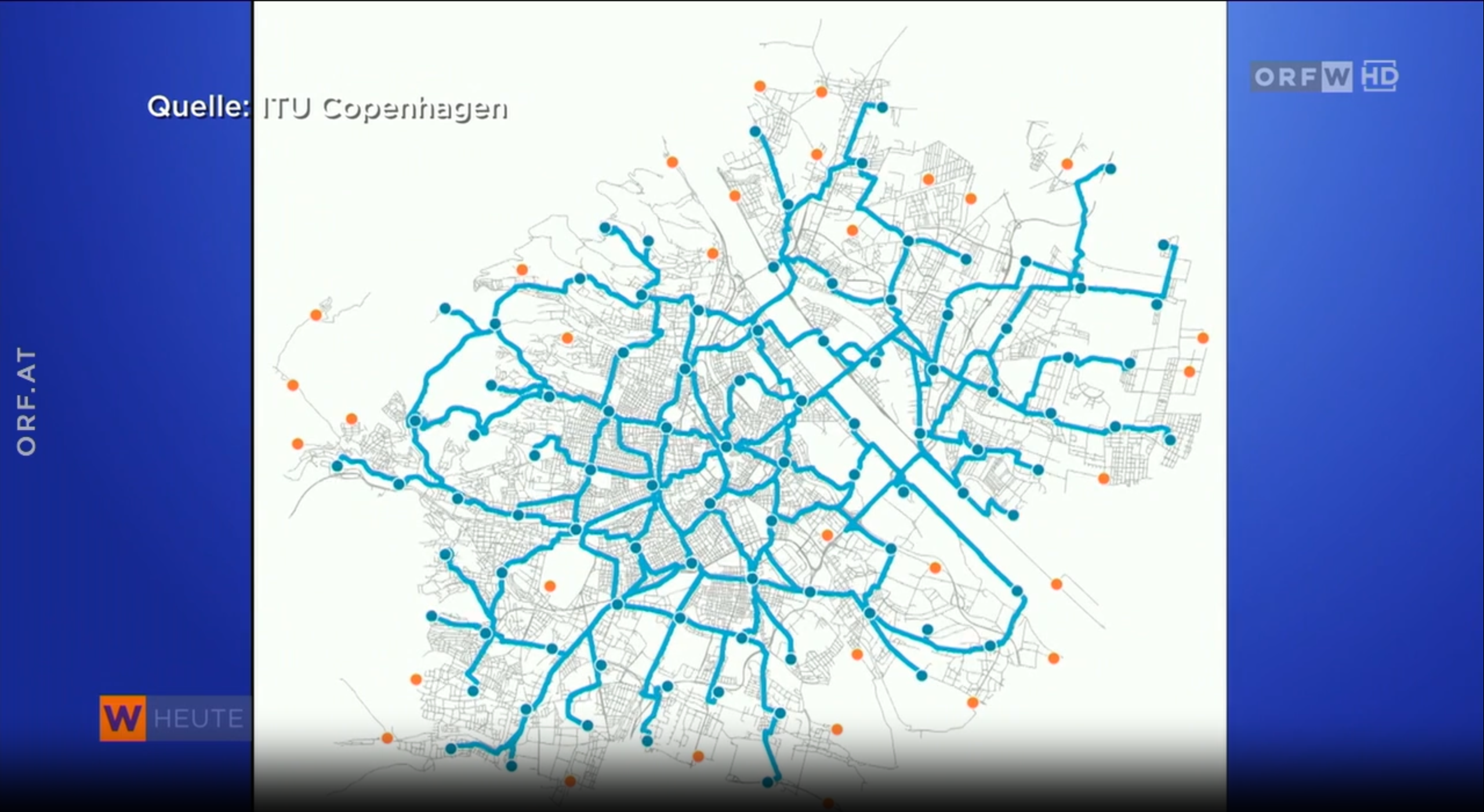
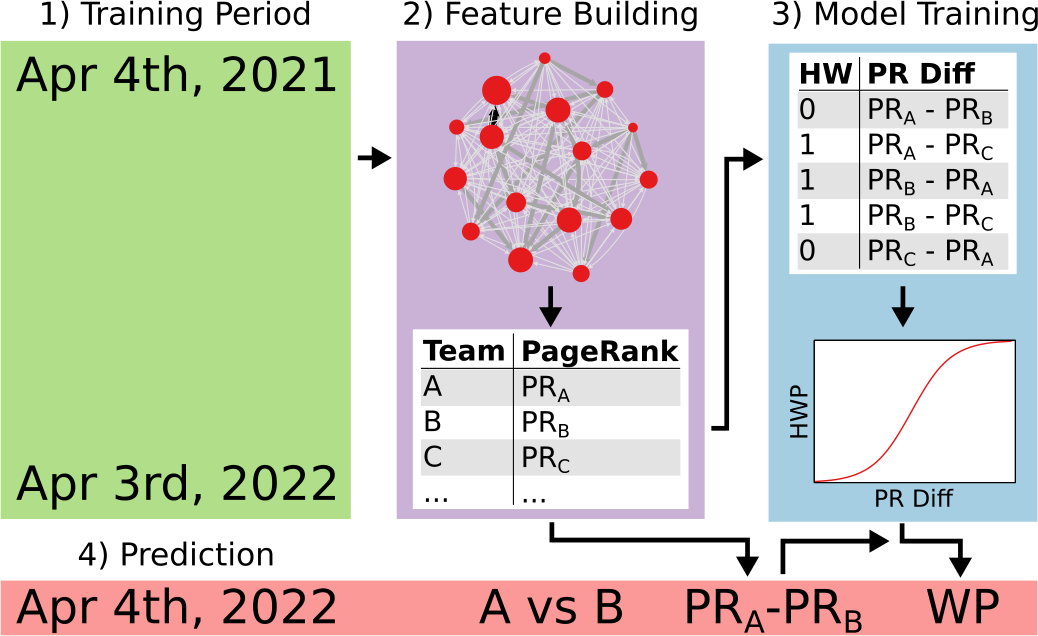
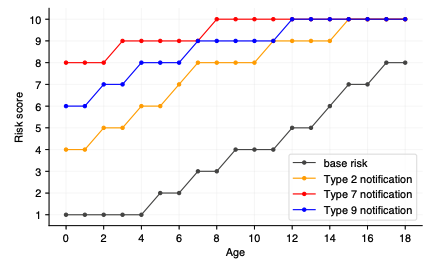
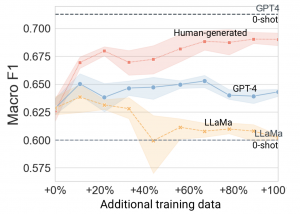
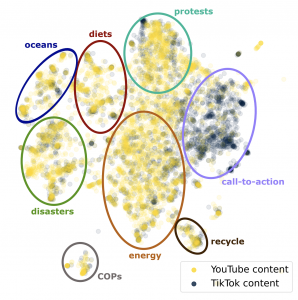
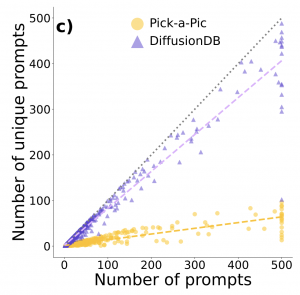
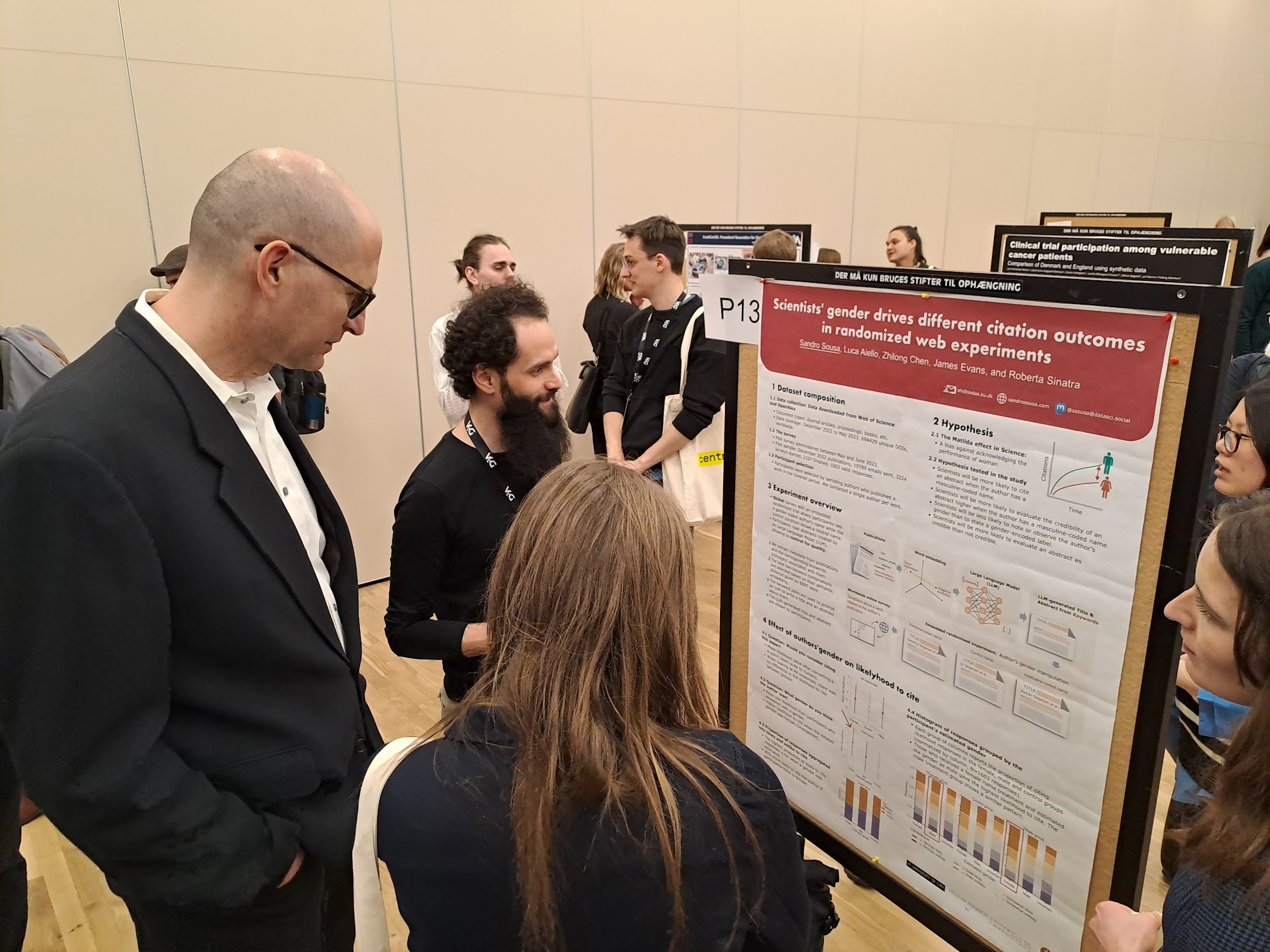
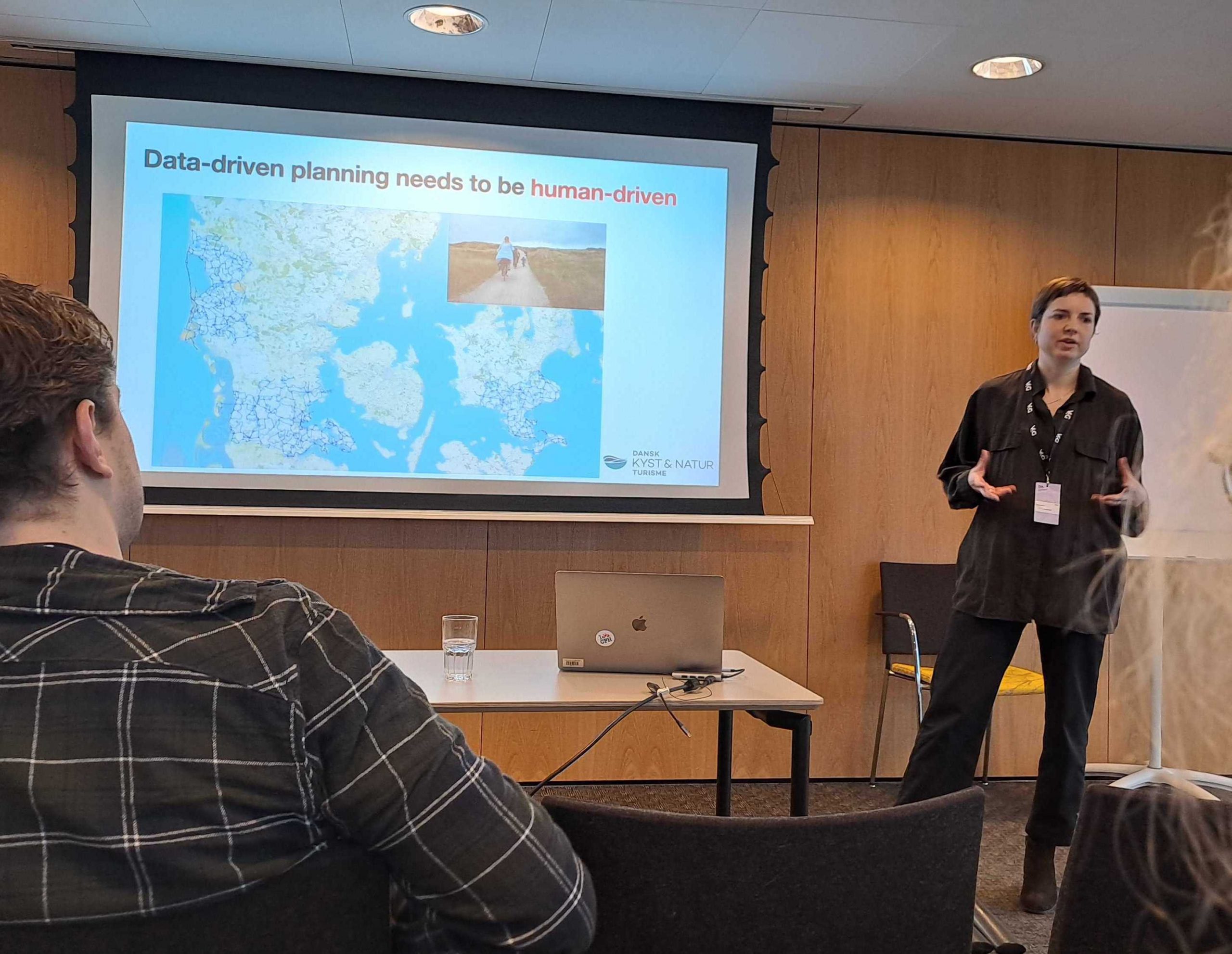
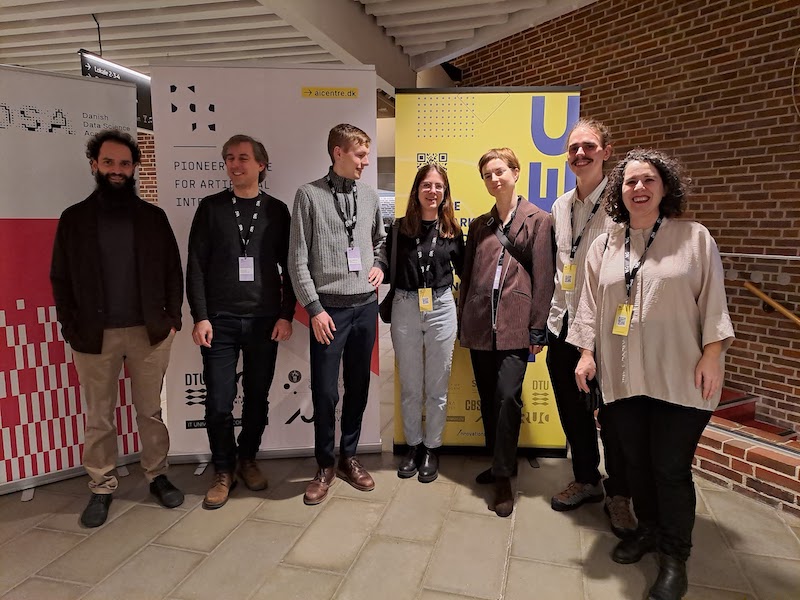
 that has just started! The consortium includes 12 European cities representing more than 4.5 million citizens. The project aims to transform cities’ car-centered mobility narratives that take for granted that streets are for motorized traffic only, to promote walking, cycling and other active modes of mobility.
that has just started! The consortium includes 12 European cities representing more than 4.5 million citizens. The project aims to transform cities’ car-centered mobility narratives that take for granted that streets are for motorized traffic only, to promote walking, cycling and other active modes of mobility.